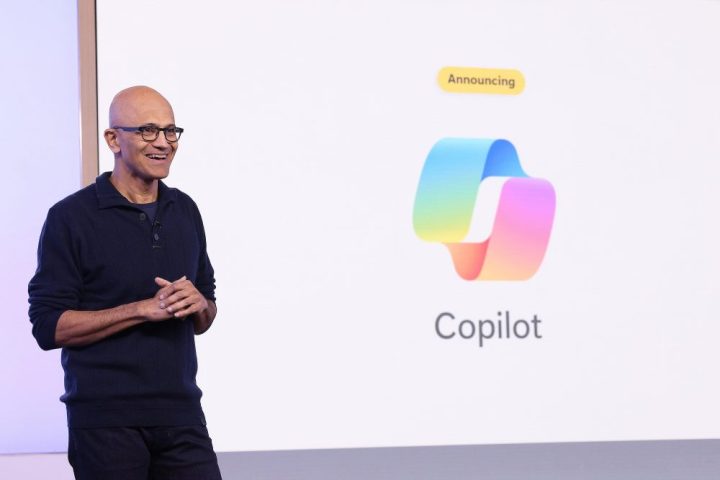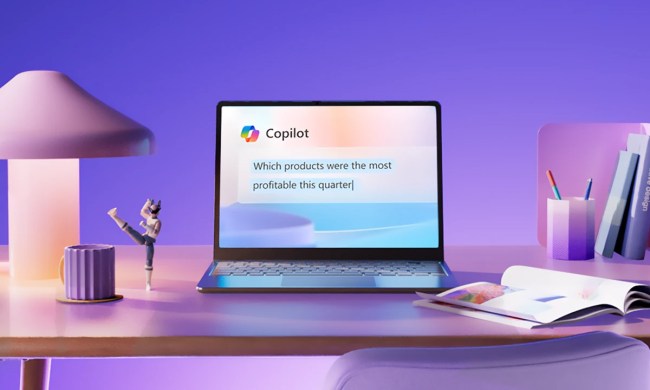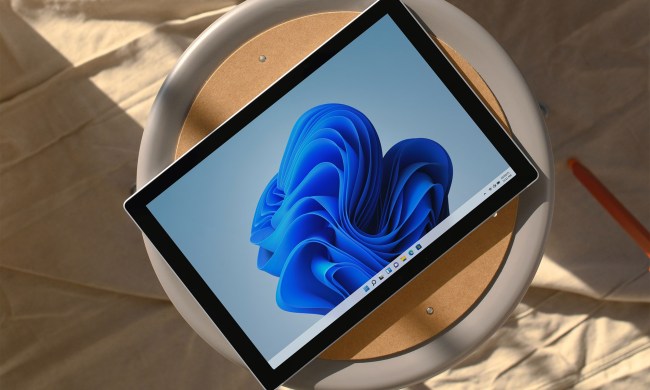
Windows 10 updates aren’t dead after all. After retracting its claim that Windows 10 feature updates were done, Microsoft announced earlier this year that it had one last important update up its sleeve for Windows 10, and now it’s here.
So, what’s the big update? Well, as reported by Tom’s Hardware, the mandatory Windows 10 KB5040427 update will turn the Copilot AI widget into a standalone app and give users more options. The app already exists if you’ve upgraded to Windows 11, able to be queued up on recent “AI PCs” using the dedicated Copilot key.
The update will allow users to resize the app, snap it to size, and even move it across different monitors. Copilot will show up at the center of the Windows taskbar for faster access, and it’ll keep support for the “work” and “web” tabs if you’re using Copilot for Microsoft 365. Even older Windows 10 computers will get to use Copilot as an app since it only needs system requirements such as a 720p display and 4GB of RAM. The actual processing itself all happens in the cloud rather than locally.
Despite the talk about the upcoming Windows 10 end-of-life date and the unique proposal of the Copilot+ hardware, Microsoft clearly wants everyone to have full access to the basic Copilot experience offered by the app. That’s especially important since the Mac ChatGPT app, which functions similarly, is compatible with all Apple Silicon Macs.
PCs running on Windows 10 21H2 and 22H2 systems will get the update at an unspecified date, so users can possibly get the update in a couple of days, weeks, or even months as Microsoft rolls it out. It won’t be available to all Windows 10 users worldwide, but those who get it will see it beside the Start Menu icon along with their other app icons.



